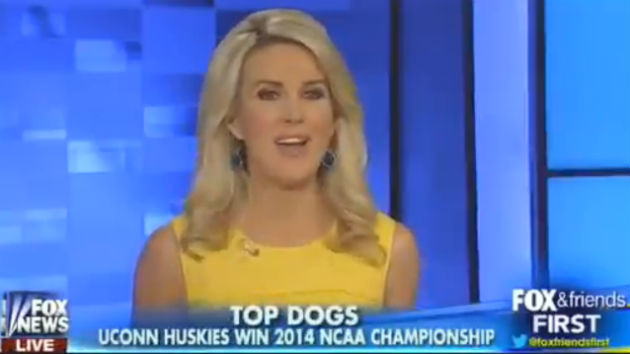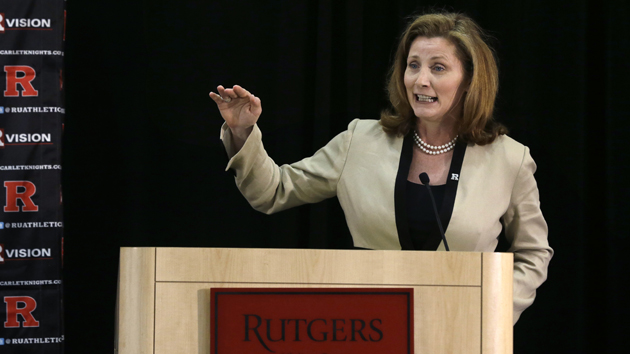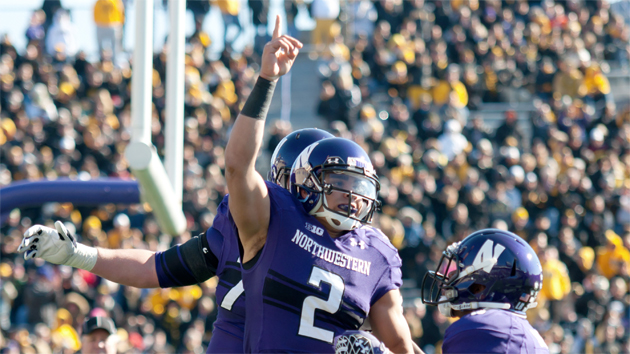The University of Connecticut men’s basketball team may have beaten Kentucky in the national championship last night, but star guard Shabazz Napier immediately turned his attention to a bigger foe: the NCAA. Napier used his postgame interview to take the NCAA to task for banning the Huskies from postseason play last season due to poor academic standing. Two weeks ago, after calling the Northwestern unionization efforts “kind of great,” he said players sometimes don’t have enough money for food.
Connecticut legislators were listening. Some state lawmakers are exploring ways to make it easier for athletes at public schools to unionize, in response to the regional labor board ruling in favor of Northwestern football players as well as Napier’s comments. “When you look at the issues, they really look like employees,” Democratic state Rep. Pat Dillon said. “And employees have the right to unionize.”
The NCAA banned UConn from the 2013 postseason when the team’s academic progress rate—a measure of academic eligibility that predicts graduation rate—from 2007 to 2011 did not meet league standards. Dillon said it’s hypocritical for the NCAA and others to ban a team for academic reasons while defending the billion-dollar system that has players practicing and playing full-time. “You work them like horses and then you bad mouth them if their academics aren’t any good,” she said. “The team is punished if they try to make sure these kids get a good education. Of course, they’re punished if they don’t either.”
UConn responded to Napier’s comments about not having enough to eat with a statement saying that all scholarship athletes are “provided the maximum meal plan that is allowable under NCAA rules.” An athletic department spokesman said the university has no comment about potential unionization.
This wouldn’t be the first time Connecticut legislators took on NCAA athletics—the state passed a law in 2011 requiring schools to fully disclose all athletic scholarship terms, including expected out-of-pocket expenses for athletes, details about who’s responsible for medical expenses, and the renewal process for scholarships that only last one year. A step forward on unionization, though, might be harder to pass, Dillon said. “Starting to do the right thing can actually hurt you with the NCAA,” she said. “[Lawmakers] would be worried it would hurt UConn’s recruitment. They wouldn’t say it, but I’m sure they would.”














